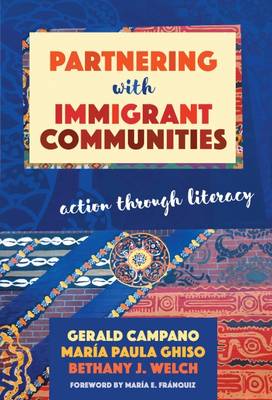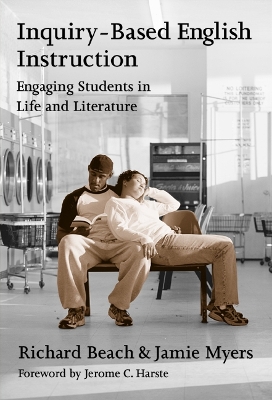Language and Literacy
3 total works
Literacy Tools in the Classroom
by Richard Beach, Gerald Campano, and Melissa Borgmann
Partnering with Immigrant Communities
by Gerald Campano and Maria Paula Ghiso
v. 55
Inquiry-based English Instruction Engaging Students in Life and Literature
by Richard Beach and Jamie Myers
This valuable resource offers an alternative framework for middle and secondary school English instruction. The authors provide concrete strategies for engaging students in critical inquiry projects about the social worlds they inhabit or about those portrayed in literature and the media--their peer, school, family, romance, community, workplace, and virtual worlds. You will find numerous examples of middle and high school students using various literacy tools (language, genres, narratives, signs, multimedia, and drama) to study, represent, critique, and transform these worlds. Rather than simply studying about literacy practices, this new framework shows how students learn best through active participation driven by a need to critically examine and promote changes in their social worlds.


